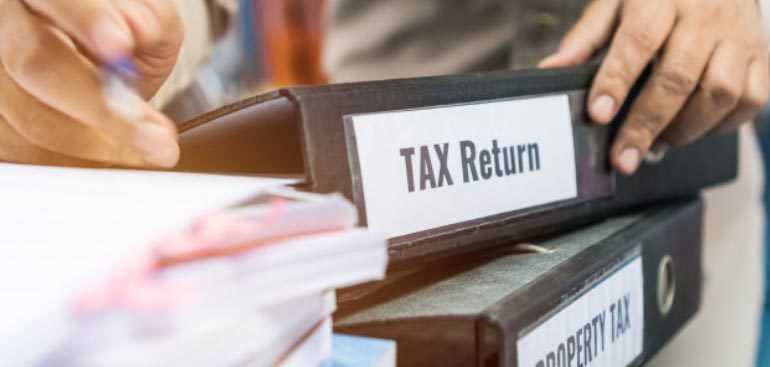Wanna file income tax return on your annual income? If you are not familiar with the fiddly process, better to take assistance of a professional who can do the work for you at the blink of an eye. In case you are planning to file income tax return from your own, you need to keep some things in mind before proceeding. Whether you are filing income tax return online or via post, during the process (which is often exercised at last minute) you may miss some important information or even commit some mistakes. This post covers the list of five such mistakes that should be avoided while filing income tax return. Let’s get started:
- Not defining all your income sources
This is the most common mistake people attempt while filing income tax return. Interest earned on FDs or bank saving accounts is often forgotten by many individuals. Let’s tell you that this income is taxable as per your relevant tax slab. Banks, as a rule, deduct 10% TDS on the interest an individual earned on FDs. However, if an individual fall under a higher tax slab, he/she has to pay income tax accordingly. If such incomes are not reported by an individual, it may fetch a notice from the department of Income Tax.
- Not paying tax on your house property
There is a notion in the mind of many people that even after having multiple residential properties, there is no need to pay income tax, but in actual it is a misconception. If you have more than one residential property, then you are supposed to pay income tax for that, even if the property is unoccupied and you are not earning any income from it. There is no income tax on the house you occupy. Other than that, tax is to be paid for all other houses you have.
- Providing incorrect personal information
Income tax department communicates regarding all the necessary information via email or post, thus it is extremely important to provide all personal details accurately before filing income tax. Your minor mistake can wreck havoc and you might miss some important notifications. Therefore, it’s always necessary to check/recheck your personal information like postal and email address while filing your income tax.
- Not informing about the exempted income
There are many types of income that are exempted from tax. Though there is no need to pay income tax for incomes like dividends or long-term gains, reporting about them to the income tax department is a necessity. Remember that, if you are not reporting about such incomes, income tax department may get such details from the investment company or brokerage house.
- Not verifying the income tax form before filing
Whether you have opted for filling the income tax form offline or online, mistakes may happen. Therefore, it is recommended that you must cross check the filled-up form carefully in an attempt to avoid any mistakes. Even if you’ve assigned the task of filling your form to your tax consultant or accountant, you need to verify the accuracy of the information by personally checking it.


